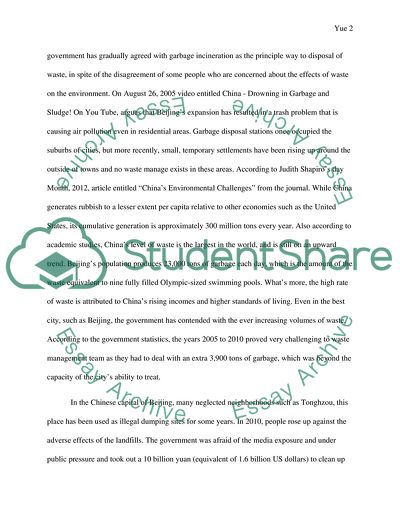Cite this document
(Garbage Challenge in China Term Paper Example | Topics and Well Written Essays - 1750 words, n.d.)
Garbage Challenge in China Term Paper Example | Topics and Well Written Essays - 1750 words. https://studentshare.org/environmental-studies/1853985-review2
Garbage Challenge in China Term Paper Example | Topics and Well Written Essays - 1750 words. https://studentshare.org/environmental-studies/1853985-review2
(Garbage Challenge in China Term Paper Example | Topics and Well Written Essays - 1750 Words)
Garbage Challenge in China Term Paper Example | Topics and Well Written Essays - 1750 Words. https://studentshare.org/environmental-studies/1853985-review2.
Garbage Challenge in China Term Paper Example | Topics and Well Written Essays - 1750 Words. https://studentshare.org/environmental-studies/1853985-review2.
“Garbage Challenge in China Term Paper Example | Topics and Well Written Essays - 1750 Words”. https://studentshare.org/environmental-studies/1853985-review2.


